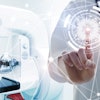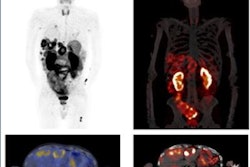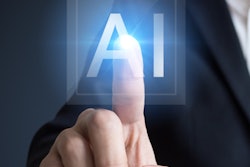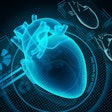
In the field of healthcare, artificial intelligence (AI) isn't replacing humans. It's enabling humans to devote more of their time to the work that only humans can do.
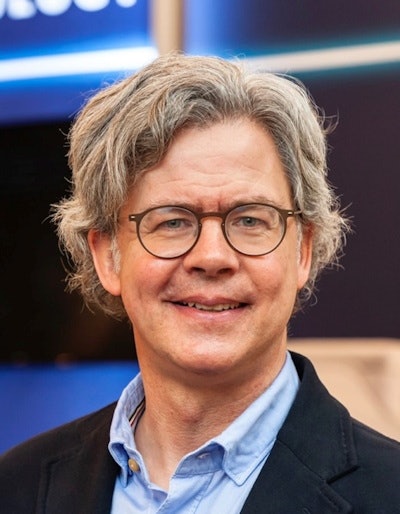 Dr. Mathias Goyen, chief medical officer, Europe, Middle East & Africa, GE HealthCare
Dr. Mathias Goyen, chief medical officer, Europe, Middle East & Africa, GE HealthCareThat's just one of the trends I see coming to bear this year, as technological advancements continue to positively redefine healthcare. This is particularly true for radiology, a discipline that in recent years has seen skyrocketing demand for imaging services, shortages in staffing, and the resultant burnout for those radiologists who are shouldering a heavy load.
These intersecting crises have severely impacted providers and patients alike. Indeed, one report found that 54% of radiologists surveyed acknowledged feeling the repercussions of burnout in 2022; only 33% of physicians (not necessarily specific to radiology) say lighter patient loads would help most with burnout. If this is the case, help is on the way -- and perhaps has already arrived, with AI innovation aimed at redefining the field and solving some of its greatest challenges.
Big data. While vast amounts of data have been generated by hospitals for quite some time, only about 3% is utilized for diagnosis and treatment, one report has noted. AI-enabled applications have the potential to make it easier -- and more affordable -- to capture information and insights from the 97% of unused data. The aim is an enhanced ability to predict the course of diseases, anticipate patient reactions and behaviors, and therefore to adjust treatment regimens to make them more effective.
Relieving administrative burdens. On average, radiologists and other physicians spend about 16.6% of their work time, or roughly nine hours per week, on administrative tasks, according to a 2014 study. For radiologists, this can mean doing everything except interpreting images. But this may be changing as AI technologies are now taking over many of these tasks, giving radiologists more time and energy to focus on the parts of their job that can't be left to technology -- for example, applying their experience and training to thoroughly analyze complex cases and take the steps needed to create better patient outcomes. In this respect, AI has the potential to help rehumanize healthcare by giving the radiologist an opportunity to get out of the darkroom and connect with the patient. AI also helps support radiologists to create more defined imaging reports, which can be used to make more informed clinical decisions with diagnostic confidence.
Moving care outside the hospital. Like other disciplines, radiology is no longer practiced solely within the walls of hospitals or clinics. Technology is making radiology and other services more accessible in remote and rural areas, with the potential to reduce health inequities. For example, handheld ultrasound is being used in rural Papua New Guinea and Africa. Even within hospitals, they are as portable, perhaps, as a stethoscope and can help emergency room doctors do things like quickly detect free fluid in the lungs of trauma patients.
Treating formerly untreatable cancers. Theranostics -- a personalized approach to treating cancer using diagnosis and therapy as part of treatment -- is a hot topic, and recent innovations in molecular imaging technology are now helping clinicians realize its promise. For prostate cancer specifically, in just one exam, doctors can diagnose and treat cancer at a stage so advanced it had previously been considered untreatable.
Innovation continues to impact the practice of radiology, from managing workloads to the way clinicians engage with patients. And while there is much talk today about technology taking over, the future is that technology can further empower the radiologist and, ultimately, help unlock the promise of precision care.
Dr. Mathias Goyen is chief medical officer for Europe, Middle East & Africa at GE HealthCare.
The comments and observations expressed herein are those of the author and do not necessarily reflect the opinions of AuntMinnie.com.
